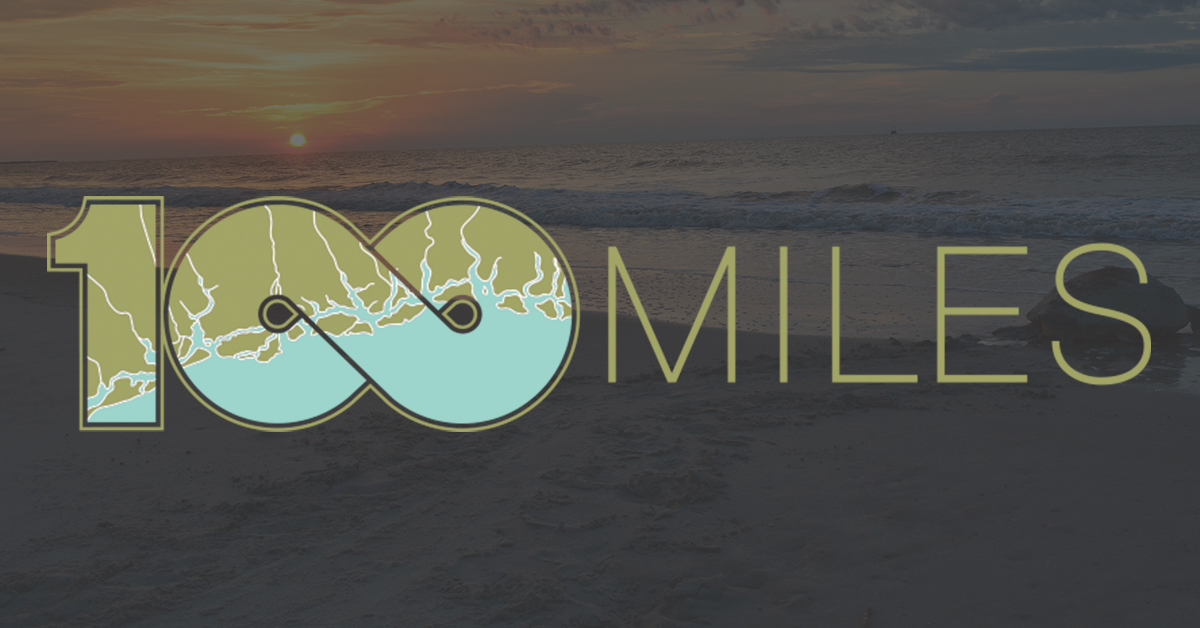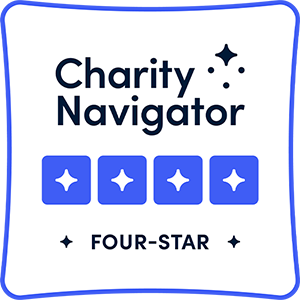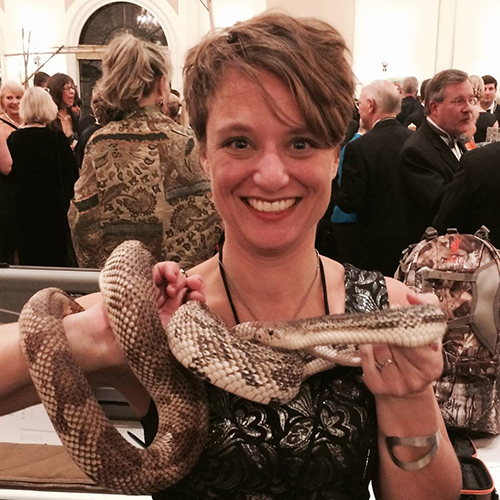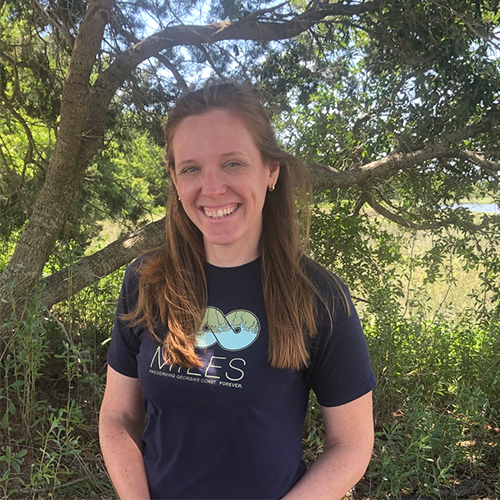Our Moral Imperative
Georgians are deeply connected to the wildlife with which we share our coast. So much so that our experiences have become a regular part of our life stories. We share when we’ve seen the first painted buntings or roseate spoonbills of the year. Sea turtle walks and dolphin tours are regular outings on our calendars. And it is front page news when right whales arrive every winter and calves are spotted.
Of course, it is important to consider that just as the presence of a variety of unique, beautiful, and sometimes very rare wildlife defines our coast, so do the efforts that have been undertaken to keep them safe.
One of the most well-known examples is our coast’s work to protect loggerhead sea turtles. Little Cumberland Island is home to the oldest (50+ years) sea turtle monitoring program in the world. Today, every spring and summer, more than 200 staff and volunteers of the Georgia Sea Turtle Cooperative come together to monitor nesting on each of our barrier island beaches. As a result of the early nest protections of the 70s and 80s and the implementations of turtle excluder devices, loggerheads have been experiencing record nesting years over the past decade. But we know they’re not out of the woods yet—in fact, the population is expected to plateau or even decline for most of the next 20 years.
While right whales are more difficult to reach, the work to preserve our state marine mammal is another example of efforts undertaken by coastal Georgians to ensure species survival. Every winter, the dedicated scientists at DNR monitor the waters off our coast. They document births and respond to injured or entangled whales. Even for those of us who don’t have the opportunity to experience the whales, any information about their annual presence is welcome news. When the newspapers print stories about their births, struggles, and deaths, we celebrate, worry, and mourn accordingly. Our connection to these gentle giants is strong and deep.
Yet despite the gargantuan efforts to protect them, the unintended consequences that threaten these two iconic species are almost inconceivable.
For example, a few weeks ago, we learned that beginning this year, the U.S. Army Corps of Engineers plans to dredge and widen shipping channels in Savannah and Brunswick throughout the spring and summer months when nesting loggerheads are in local waters. According to the Georgia Department of Natural Resources (DNR), dredging during the spring and summer could potentially kill as many as 87% of the females nesting in the vicinity of the Brunswick shipping channel and 47% of those nesting near the Savannah shipping channel.
The threats to the right whale are just as overwhelming. This year we celebrated the birth of 17 North Atlantic right whale calves – the highest number of baby whales since 2015, and a cause for cautious optimism since the number of births dropped to zero in 2018. But it is a far cry from the approximately two dozen calves scientists say must be born annually in order to sustain the species. When compared with the fact that, since 2017, at least 47 (including 2 already this year) whales have been killed by ship strikes and fishing gear entanglements, simple math reveals that their reproduction rate is not keeping pace with mortality. With fewer than 375 remaining on the planet, experts predict that unless drastic action is taken, the North Atlantic right whale will become functionally extinct within the next 20 years.
It is time to ask ourselves a very important question: At what point do the “unintended consequences” of human behavior become “intended” because our society chooses to move forward despite information that reveals that our actions will have harmful impacts?
Our efforts to save these species without stopping the causes of their decline are not keeping pace. It’s time to do something different. It’s time to demand change.
When DNR announced earlier this month that they were seeking public comments regarding the Corps’ plan to dredge, we began working with our advocate network, the media, and partner organizations to spread the word. As a result, in just over one week, more than 400 (and counting!) people have already submitted comments. This is only the beginning of our effort to prevent the sabotaging of nearly six decades of loggerhead population recovery efforts because of a dangerous and unnecessary timing decision. We will continue our advocacy, which includes public involvement, policy change, and (potentially) even litigation, to ensure that the Corps does not needlessly kill hundreds of adult loggerhead sea turtles this spring and summer.
Unfortunately, it remains even more challenging for those of us in coastal Georgia to directly impact the survival of the North American right whale. It’s not possible to organize volunteers and, while there are opportunities to comment on regulations that will impact their survival, like fishing gear and ship speeds, most people feel disconnected from the faraway places where these regulations will be effective and enforced. Yet it’s clear that the species needs our help. If we don’t act now, there will be no future for those 17 calves we are celebrating this year.
That’s why we launched our Eat Local, Not Lobster campaign. We’ve tried to rely on NGO advocacy for silver bullets like litigation and regulatory changes, but those efforts are taking too long. It’s time for all of us who care deeply about right whales to demonstrate to regulators and industry leaders that saving the species is a moral imperative. The best way we can do that, right here in the southeast, is to reduce demand on lobster and snow crab—sending a strong message that developing whale-safe practices is important to us.
I hope you’ll learn more about both issues—and help us take immediate action.
- Please visit OneHundredMiles.org/Dredging to submit a comment about protecting nesting loggerhead sea turtles before next Monday’s deadline.
- You can learn more about North Atlantic right whales and our Eat Local, Not Lobster campaign at OneHundredMiles.org/RightWhales.
Of course, we’ll keep you updated on both issues and how you can help in the months ahead. Thanks for supporting our work and for all you do!
Sincerely,
Megan











